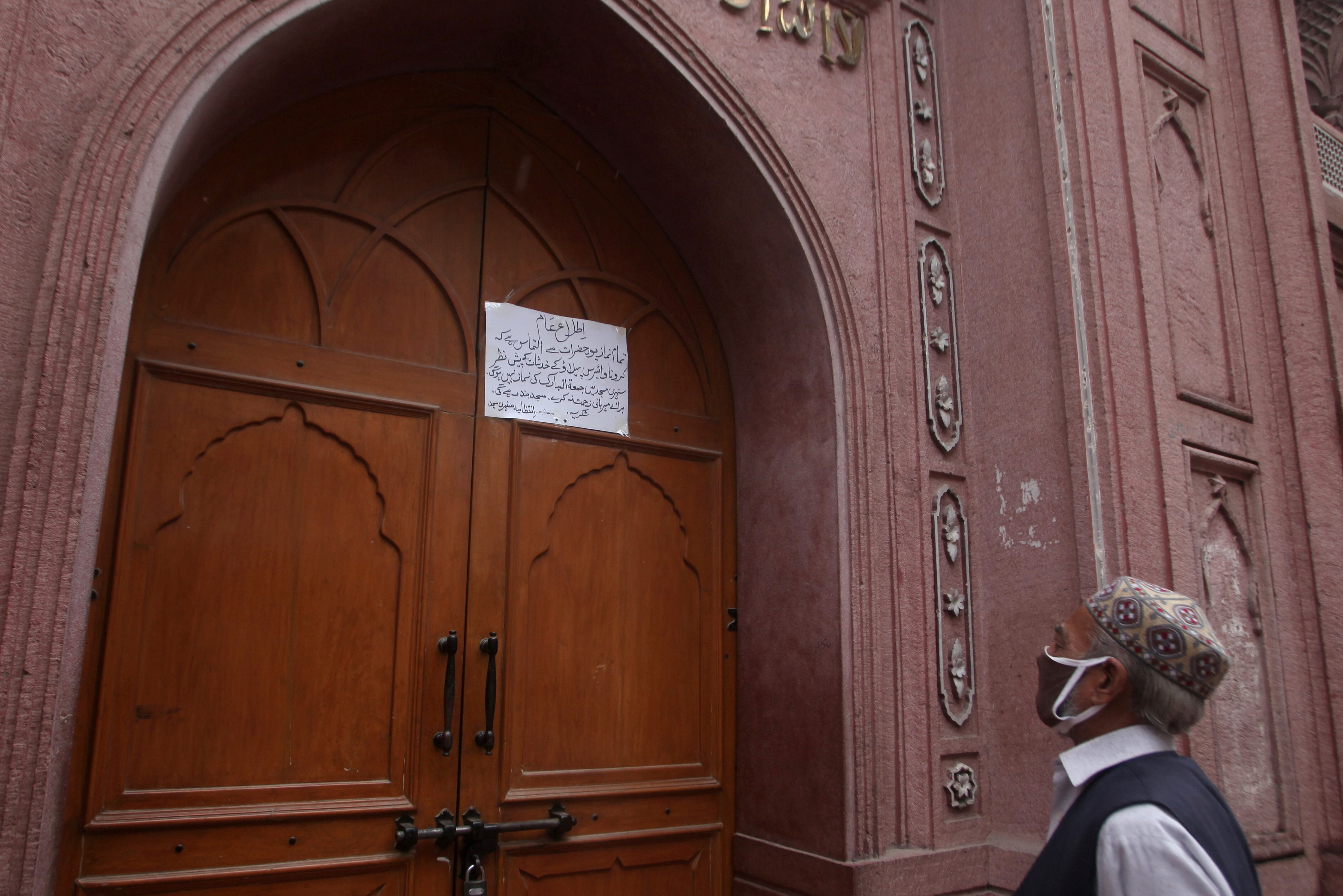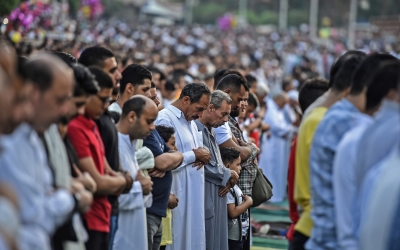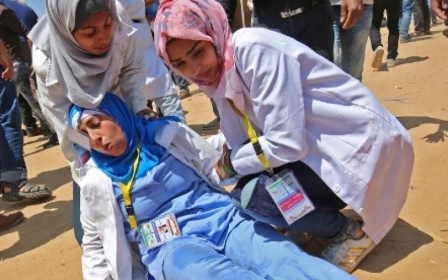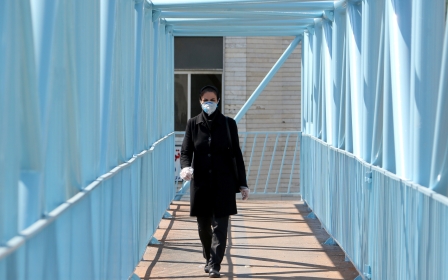Coronavirus and Islam: How Muslims can come to terms with the pandemic
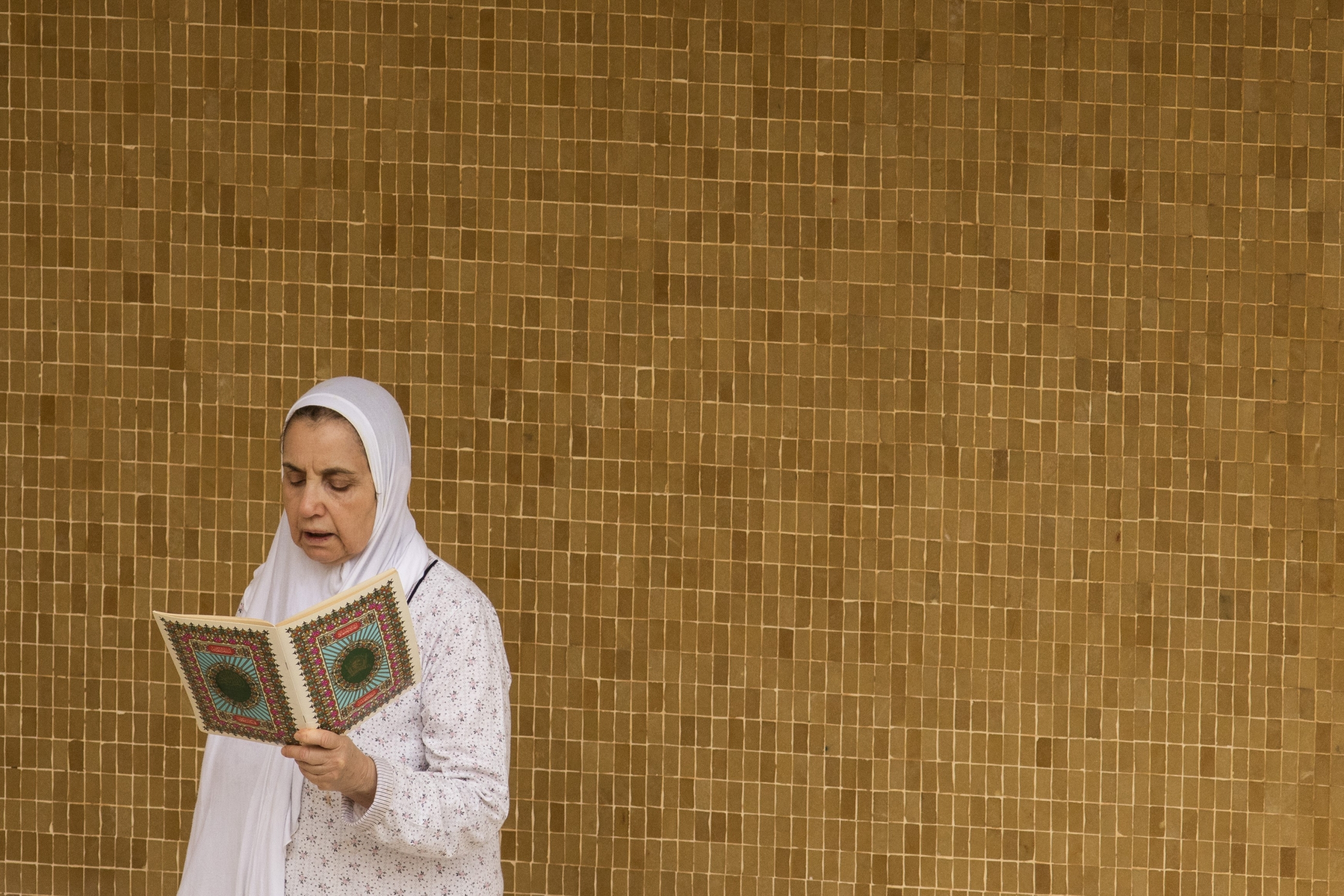
We are now several months into the coronavirus pandemic, which was first detected in Wuhan, China, and much of the Muslim world is still struggling to come to terms with the scope of its impact.
Governments around the world have put in place draconian measures aiming to halt the spread of this deadly virus, including drastic limitations on public religious gatherings and even outright prohibitions on daily prayers in mosques, including Friday prayers.
Saudi Arabia, acting against its own economic interests, has even taken the seemingly drastic step of banning both foreign pilgrims, and then internal pilgrims, from performing the Umrah pilgrimage to Mecca. On 31 March, Saudi authorities warned that the annual pilgrimage itself may be suspended, a development that would surely be welcomed by governments around the world struggling to contain one of the deadliest pandemics since the Spanish Flu of 1918.
Pandemic: A test from God?
Yet, these moves have been met with controversy in some quarters of the Muslim public sphere, where people have either minimised the public health threat posed by Covid-19 or indulged in wild conspiracy theories about the nature of the pandemic.
New MEE newsletter: Jerusalem Dispatch
Sign up to get the latest insights and analysis on Israel-Palestine, alongside Turkey Unpacked and other MEE newsletters
Many groups and individuals, on the other hand, accept the reality of the pandemic, but refuse to comply with the restrictions on public worship and mass religious gatherings on theological grounds, arguing that the pandemic is just another test that God imposes on believers, or that Muslims should express their trust in God to protect them from the effects of the pandemic by continuing their public practice of Islam.
Muslim-majority states must take it upon themselves to strengthen ties of mutual solidarity in this difficult period by exchanging public health expertise
There is much less discussion in the Muslim public sphere around the obligations of solidarity that Muslims owe to themselves and to humanity in times of emergency, such as a pandemic.
The coronavirus pandemic threatens to devastate much of the Global South, including the Muslim world. As the actions of countries such as China, Taiwan, South Korea and Singapore show, the keys to containing the deleterious public health impacts of Covid-19 are aggressive social distancing, widespread testing for the virus, contact tracing of those who test positive, and continuous monitoring of the population for recurrence.
This requires a sophisticated public health infrastructure and an educated population capable of voluntarily implementing public health directives - elements lacking in some Global South countries. Thus, some countries may be forced to accept that “herd immunity” is their only way to cope with the pandemic.
Economic collapse
This could have severe consequences on all countries that lack the means to implement “best practices”, including substantially higher death rates in developed countries lacking necessary life-saving medical equipment - particularly ventilators.
Deaths will not be limited to victims of coronavirus; they will also include people suffering from other illnesses who are unable to obtain treatment. Those with pre-existing conditions, such as diabetes or obesity - which have become common in many Muslim countries - will be at higher risk of serious complications or death if they contract Covid-19.
Many countries in the Global South also face a substantial risk of economic collapse, even if they don’t impose social distancing measures. As the population becomes sicker, the workforce becomes increasingly unproductive.
In addition, the simultaneous economic crisis unfolding in the developed world will see a substantial reduction in demand for exports from the Global South. Tourism and remittance income from workers abroad will also be hit hard.
As we brace ourselves for mass deprivation on a global scale in the coming year due to the Covid-19 pandemic, Islamic principles should play an important role in guiding policymakers in Muslim-majority countries, despite misguided calls by some to abandon duties of solidarity in the face of this crisis.
Minimising losses
Muslim jurists have established certain rules that apply in cases of emergency, intended both to protect lives and to minimise economic losses. For example, if a ship is caught in a storm at sea and is on the verge of capsizing, merchandise - but not persons - should be thrown overboard, with or without the consent of the owners. The owners of the jettisoned property can be compensated with a share in whatever merchandise survives the storm, equal to the value of their lost goods.
Muslim-majority states must take it upon themselves to strengthen ties of mutual solidarity in this difficult period by exchanging public health expertise, personnel, equipment and financial aid.
It is encouraging that both the Islamic Development Bank and the Organisation of Islamic Cooperation have taken steps to mitigate the catastrophic economic and health consequences of the pandemic, but much more needs to be done.
The Covid-19 pandemic will not end anytime soon. The global Muslim community - and its political leaders - must pursue policies that prioritise saving lives over profit, emphasising the value of shared economic sacrifice. God willing, the Muslim world can minimise the inevitable losses that will result from this pandemic.
As for the Muslim public and their internal disagreements over the seriousness of the pandemic, and whether or not it constitutes a special test from God, it is crucial that all responsible religious authorities join public officials in stressing the need to comply with public-health measures.
The views expressed in this article belong to the author and do not necessarily reflect the editorial policy of Middle East Eye.
Middle East Eye delivers independent and unrivalled coverage and analysis of the Middle East, North Africa and beyond. To learn more about republishing this content and the associated fees, please fill out this form. More about MEE can be found here.



